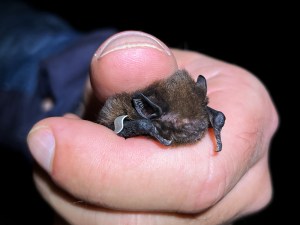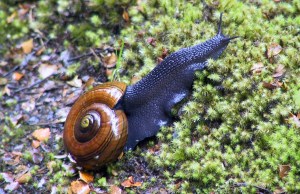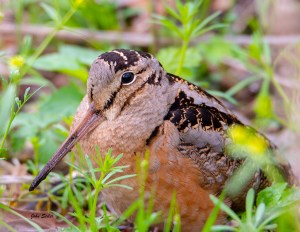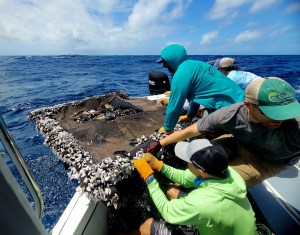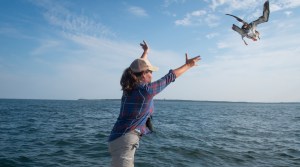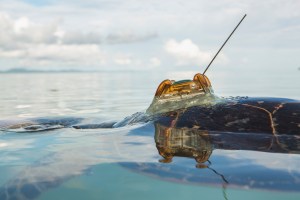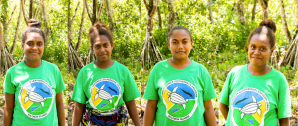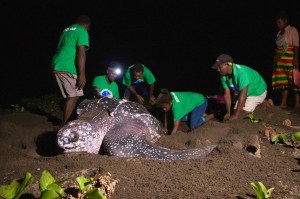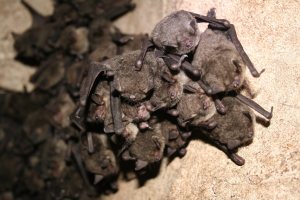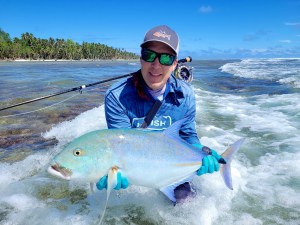Discover stories in Tracking
Tracking the Tiny Bats of Aotearoa
Join scientists for a night of bat trapping in New Zealand, where predator control is helping to protect the country's only endemic land mammal.
These Carnivorous Snails Slurp Earthworms Like Spaghetti
Meet the powelliphanta snail, a weird and wonderful New Zealand endemic that slurps earthworms like pasta.
Tracking Down the American Woodcock
A Q&A with scientist Colby Slezak on how following the migrating shorebirds revealed a rare nesting pattern.
How to Catch a Wild dFAD
A small boat, four people, 500 pounds (or more) of rope, netting, floats, rafts and sometimes barnacles. Gloves definitely required.
Shearwater Search: The Trials and Rewards of Offshore Seabird Research
Off the coast of Long Island, researchers are helping shape conservation actions by tracking seabirds. But they have to catch them first.
Meet the Leatherback: A Giant, Deep-Diving Migrant of the Open Seas
What dives deeper than a submarine, swims across oceans, is covered in polka-dots, and has a mouth straight out of a horror movie?
Pigeon Predictors & Turtle Backpacks: How Tracking Wildlife Can Aid Climate Change Research
Wildlife tracking can provide humans with critical information to predict our weather and climate patterns.
Lost and Found: A Story from Palmyra Atoll
When you work in a place remote as Palmyra Atoll, if equipment fails, there won’t be a midweek run to Bass Pro Shops.
Giving Voice to Haevo’s Women Rangers
Hear from the Solomon Island's first women rangers as share their experiences working to protect nesting leatherback sea turtles.
Satellite Tracking the Pacific’s Most Endangered Leatherback Turtles
A new satellite tagging study in the Solomon Islands will help protect critically endangered leatherback sea turtles.
Modeling Migration and Movement of Gray Bats
Gray bats roost in large concentrations in well-studied caves, but where they go once they leave the caves is not […]
Palmyra’s Fishing for Science Program Tags 1,000th Fish
Launched in 2018, the program tagged its 1000th fish on December 5, 2022—a significant milestone in a challenging environment.
